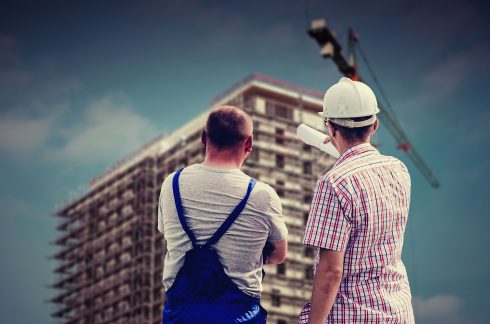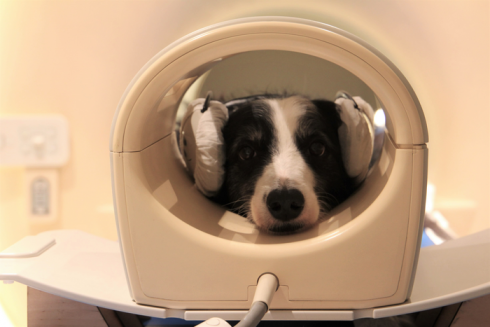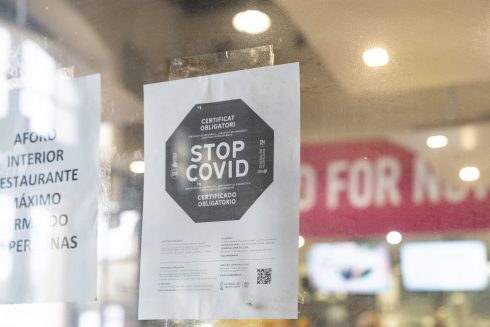ACROSS Spain excited children gathered for the much anticipated arrival of the Three Kings who arrive on the eve of Epiphany bringing gifts.
Sometimes they come by camel, sometimes on floats as part of grand parades known as cabalgatas which take place in towns and cities on January 5.
But in one coastal town in the Valencia region, the Magi made quite an entrance as they arrived from the east in a rubber dinghy.
Crowds gathered on the beach in Oropesa, Castellon, to greet Melchior, Gaspar and Balthazar as they arrived from the East dressed in resplendent robes.
However, just as the trio arrived at shore the dinghy was struck by a wave that tipped it and its royal cargo into the surf.
Fortunately it was close enough to the beach that the Kings were able to wade to shore, soggy but safe.
In Spain ‘Los Reyes Magos’ play a similar role to Santa Claus and deliver the gifts to good children who write letters to the Three Kings, or Three Wise Men.
In some houses children leave their shoes outside the door so that the Three Kings will fill them with gifts, often leaving bigger presents alongside.
This year, because of Covid restrictions, some towns cancelled the parades while others went ahead with measures to reduce the danger of infection in crowds.
The Cabalgata in Madrid is traditionally one of the biggest in Spain and did take place this year, although the usual practice of throwing sweets into the crowds was suspended.
The day of Epiphany, January 6, is a national holiday in Spain and families usually gather to celebrate.
This is the day when the traditional Roscon de Reyes cake is eaten, a brioche ring decorated with candied fruit and sometimes filled with cream.
READ MORE:
- Three Kings procession duplicated to satisfy needs of popular expat area on Spain’s Costa Blanca
- Alicante’s Three Kings Parade will go ahead on Spain’s Costa Blanca
- Three Kings Parade in Spain’s Valencia City cancelled over COVID-19 concerns
Click here to read more News from The Olive Press.








